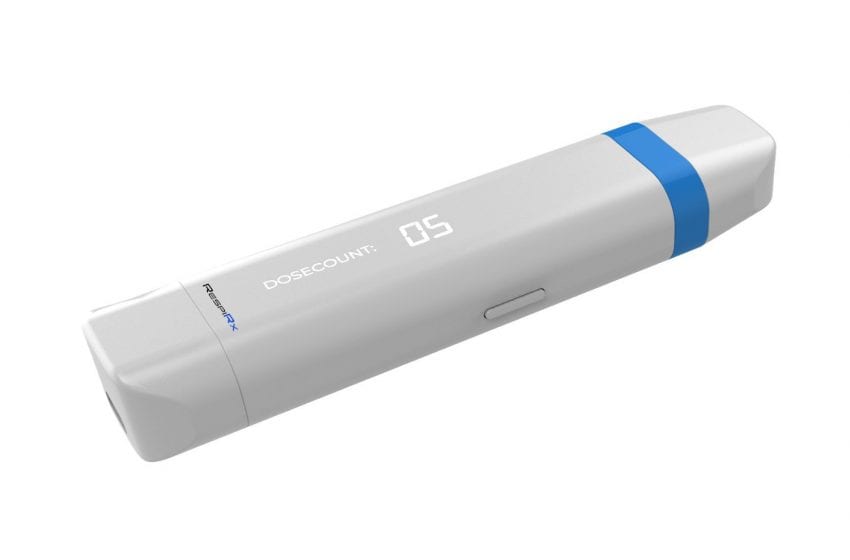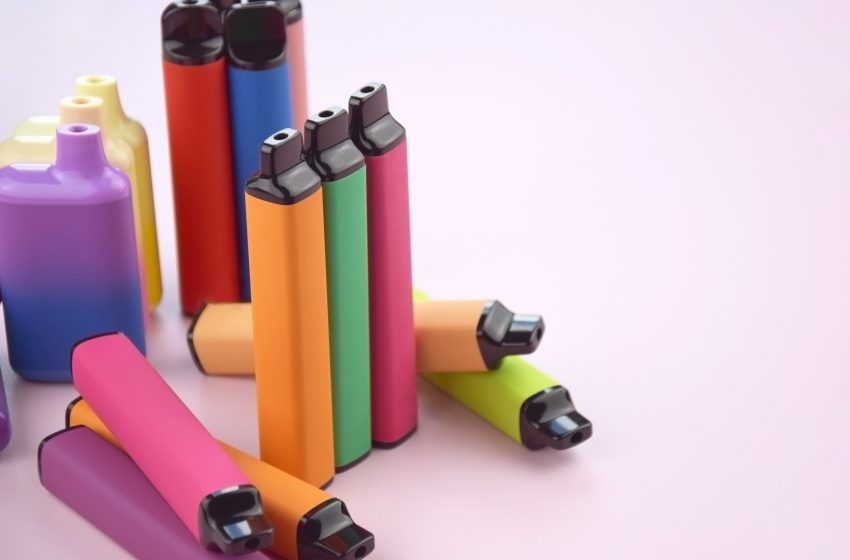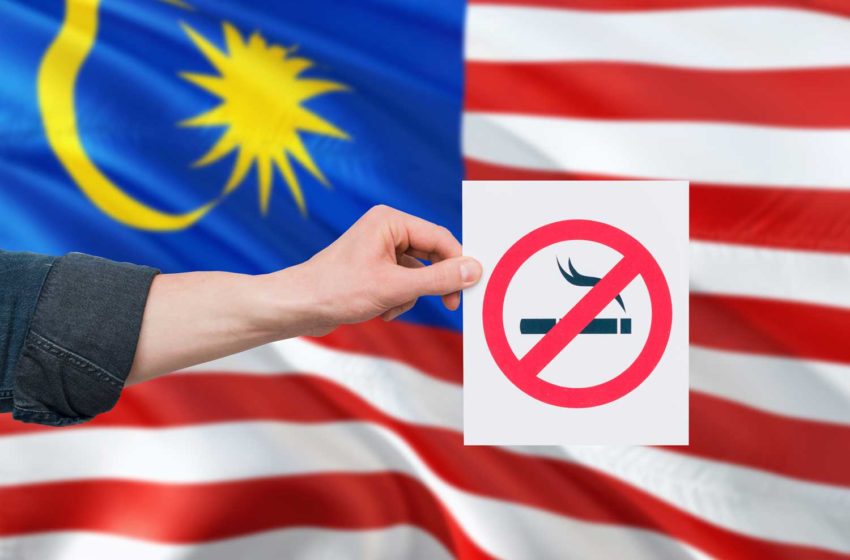
The U.S. Food and Drug Administration has cleared an Investigational New Drug (IND) application for Qnovia’s RespiRx nicotine inhaler (QN-01).
According to Qnovia, the RespiRx is the first truly inhalable nicotine replacement therapy (NRT) to assist smokers attempting to quit smoking.
The company will initiate a Phase 1, randomized, crossover, open-label trial to determine the pharmacokinetics, safety and tolerability following self-administration of nicotine-containing products in up to 24 healthy adult subjects who currently smoke combustible cigarettes.
“The FDA clearance of our IND application for QN-01 marks a significant achievement for Qnovia as we transition to a clinical-stage therapeutics company,” said Qnovia CEO Brian Quigley in a statement.
“Our U.S. clinical development plan is derisked by the positive first-in-human data we generated last year in support of advancing QN-01 in the United Kingdom where we demonstrated pulmonary delivery and a superior pharmacokinetic profile for the RespiRx when compared to existing nicotine replacement therapies,”
“The next step for our U.S. program is to initiate a randomized Phase 1 trial that evaluates QN-01 compared to the Nicotrol Inhaler and combustible cigarettes in a head-to-head comparison. We remain on track to dose our first patient in the fourth quarter of 2024 and in parallel will be advancing to a pivotal clinical trial in the U.K. to support an MAA submission [Marketing Authorization Application] to the MHRA [ Medicines and Healthcare products Regulatory Agency] in 2026.”
Qnovia’s proprietary drug/device combination already demonstrated dose-dependent pharmacokinetics, pulmonary delivery and was well tolerated in a first-in-human study conducted to support advancing QN-01 in the U.K., according to the company.
“There have been no treatment options for smoking cessation approved in the U.S. in over 20 years. As a result, attempting to quit ‘cold turkey’ remains the most popular method of quitting smoking,” said Mitch Zeller, Qnovia’s policy and regulatory strategy advisor.
“There is an extraordinary public health need for truly innovative products to help health-concerned smokers stop using cigarettes. Any effort to reduce the death and disease caused by tobacco use must include new and better tools in the treatment toolkit,” Zeller added.




 Simon Clark, director of the Freedom Organization for the Right to Enjoy Smoking Tobacco (Forest), described the decision as “brutal” and said law-abiding smokers were being “discriminated” against.
Simon Clark, director of the Freedom Organization for the Right to Enjoy Smoking Tobacco (Forest), described the decision as “brutal” and said law-abiding smokers were being “discriminated” against.



















